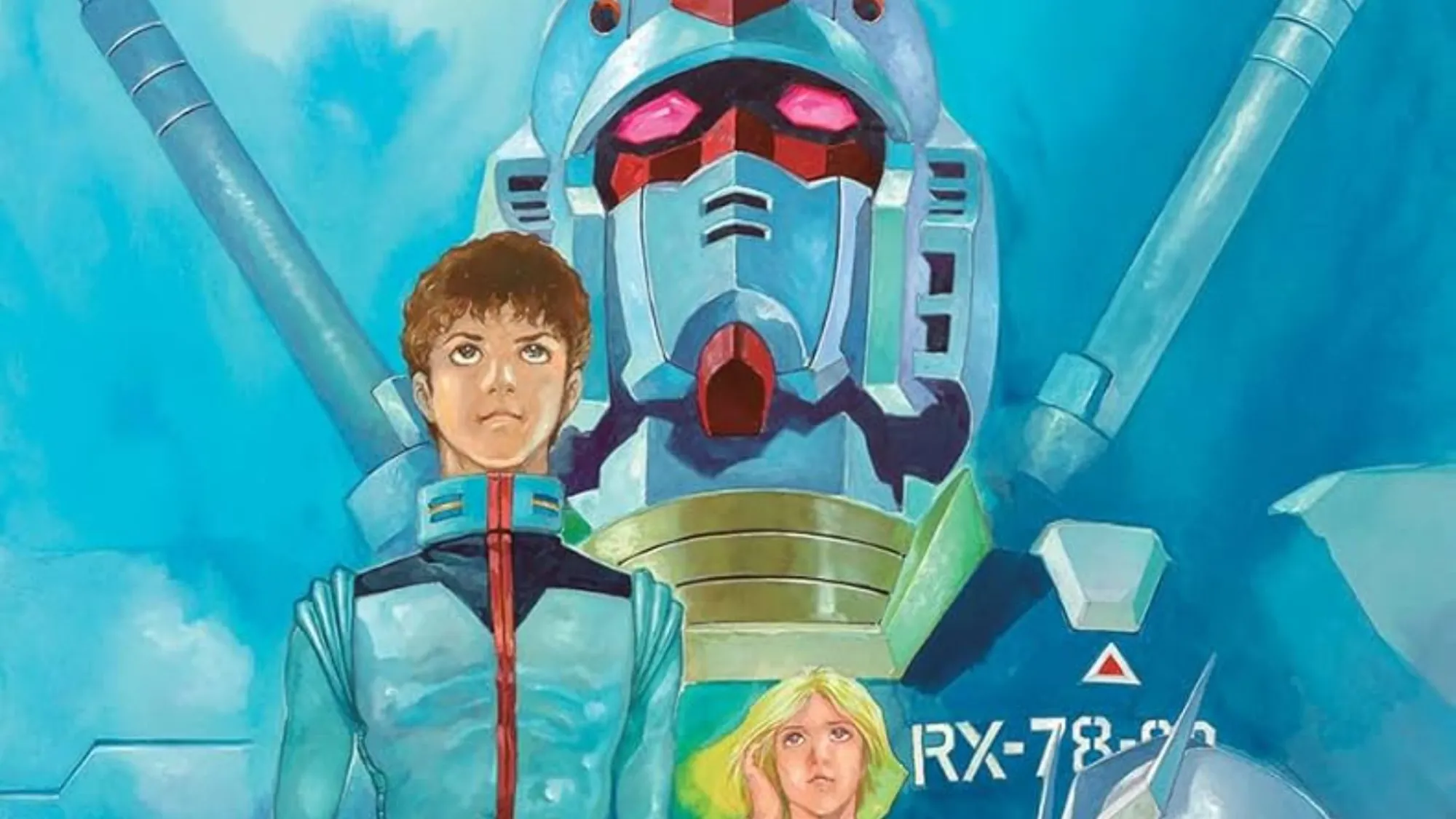
The idea that all art is political will always spark debates among fans, and anime is no exception. Whenever the debate arises, anime will always be something that gets referenced either for having political themes or for not having them, with either side of the debate often being supported with wildly out-of-context scenes and dialogues.
As debatable as the claim that all art is political may be, that doesn’t mean that no art is political, and plenty of great anime work so well specifically because of their political themes and ideologies. A few anime like that especially stand out, and no matter what someone thinks about politics, they would be remiss to pass them up.
10) Revolutionary Girl Utena
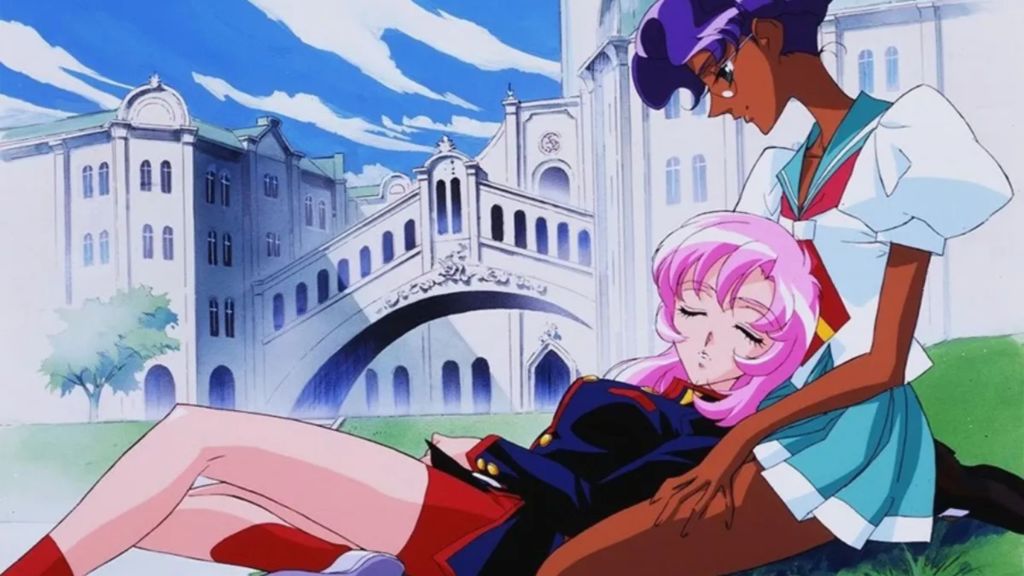
In J.C.Staff’s Revolutionary Girl Utenathe princely Utena Tenjou enters her school’s dueling tournament and unexpectedly wins the hand of the Rose Bride, Anthy Himemiya. From there, Utena must constantly take on new challengers to protect their engagement not just because of their blossoming relationship, but because of Anthy’s enigmatic power to revolutionize the world, as well.
While Revolutionary Girl Utena is constructed like a typical shoujo anime, those themes are almost exclusively used in surrealist ways to comment on gender, sexuality, and other forms of expression that are often looked down upon in society. Legendary director Kunihiko Ikuhara is known for producing highly progressive works, and nowhere does that shine better than with Utena.
9) Princess Mononoke
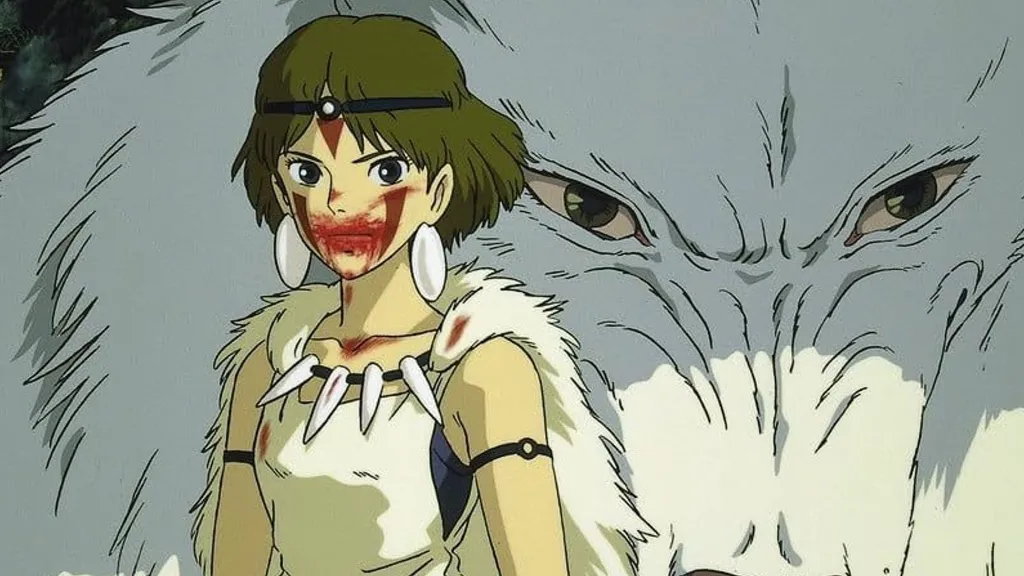
Studio Ghibli’s Princess Mononoke stars Ashitaka, the last Emishi prince who, on his pilgrimage to find a cure for his demonic curse, becomes involved in the conflict between the industrial Iron Town and San, the eponymous Princess Mononoke, who fights for the forest spirits Iron Town is encroaching upon. Ashitaka’s involvement ends up being the key to ending the conflict between the two sides.
Studio Ghibli movies are famous for their environmental and anti-war messages, and Princess Mononoke has them in spades as it tells a thoughtful and dramatic story about the futility of war and the importance of preserving nature. Princess Mononoke is often considered one of Studio Ghibli’s best movies, and its thematic storytelling is an undeniably big part of that.
8) Code Geass
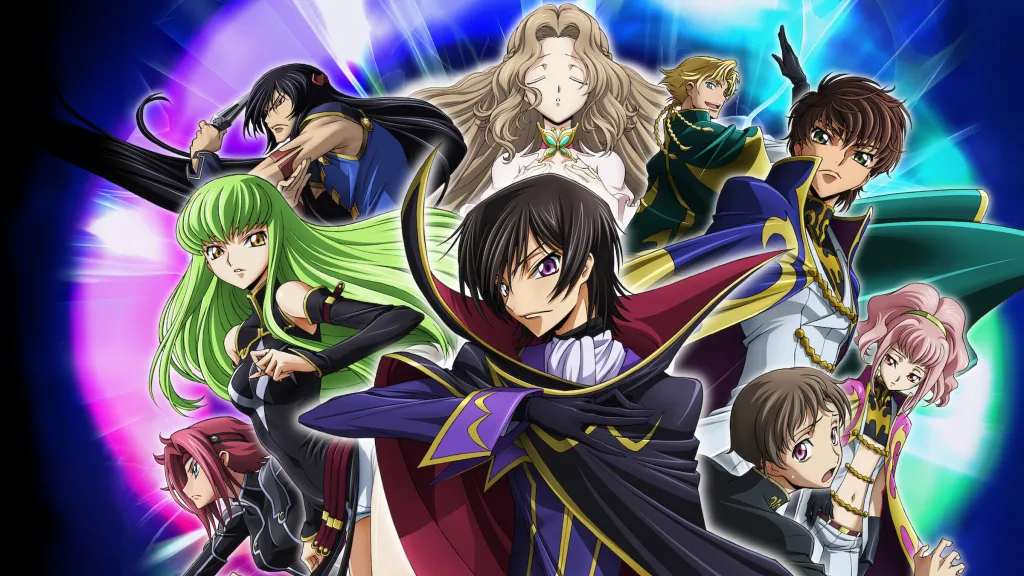
Sunrise’s Code Geass stars Lelouch vi Britannia, the former prince of Britannia, who was banished to Japan with his paralyzed sister, Nunnally. Years later, though, after Lelouch gains a Geass (a mysterious power that lets him brainwash anyone he looks at), he decides to become the vigilante Zero and slowly take down Britannia to create a better world for Nunnally.
Code Geass almost always uses over-the-top mecha action to tell a story centered around segregation, anti-war messaging, and other forms of political drama, and sure enough, it finds a way to be engaging at every turn. With recent spinoffs and sequels, Code Geass is more alive than ever, and sure enough, it’s always going to have something more to say.
7) Pluto
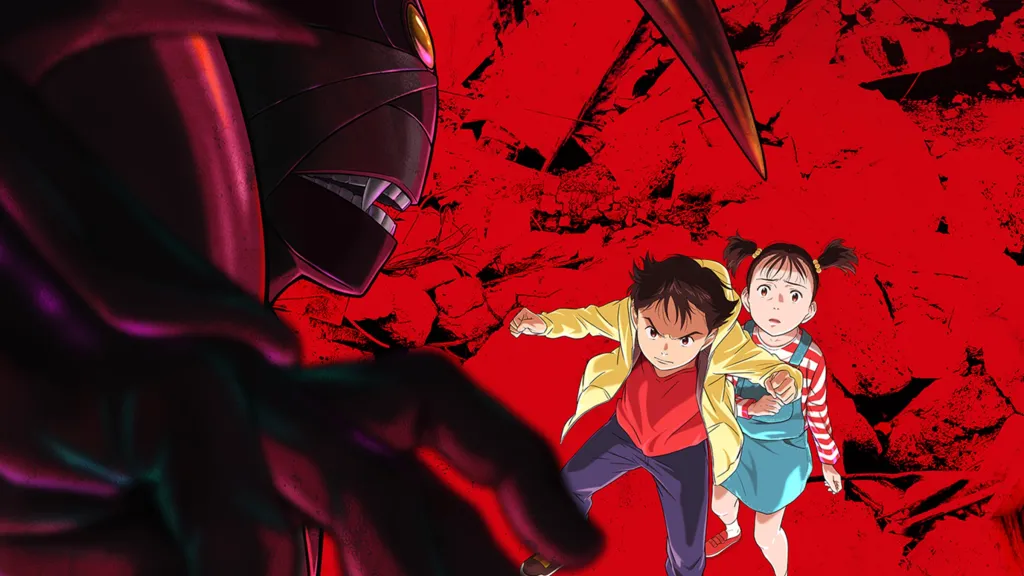
Studio M2’s Pluto is a modern adaptation of Osamu Tezuka’s legendary manga, Astro Boy. When a mysterious robot called Pluto starts killing the strongest robots in the world one after another, it falls onto robot detective Gesicht to uncover the truth, an investigation that ends up going further than anyone could have imagined.
Not only does Pluto make Astro Boy’s themes of racism and inequality even more explicit, but it effortlessly ties them into an overarching narrative that maturely tackles the horrors of the Iraq War, as well. Few anime are more iconic than Astro Boyand Pluto is as great a modern take on it as a person could ask for.
6) Psycho-Pass
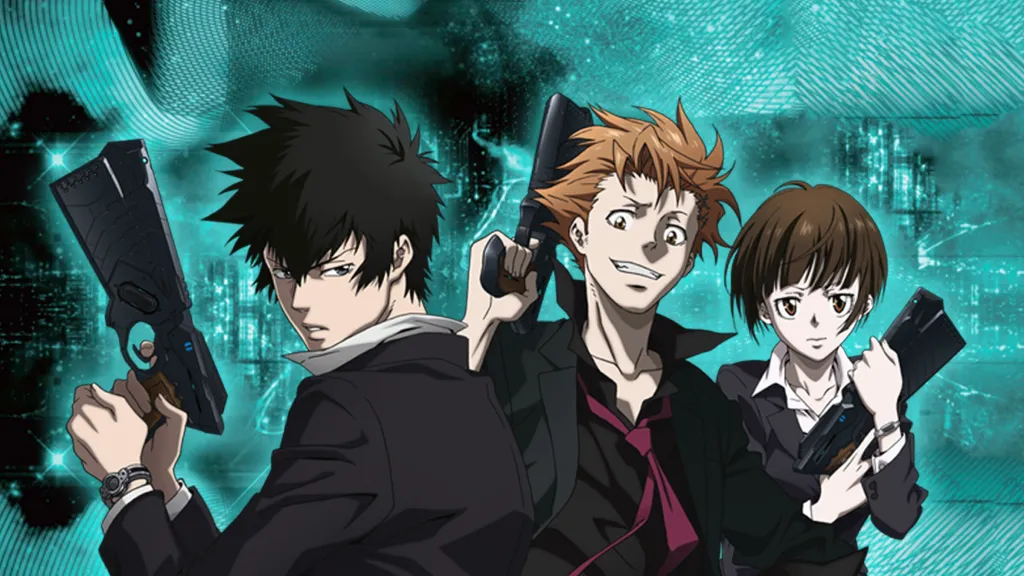
Production I.G.’s Psycho-Pass is centered around the Sibyl System, a biomechatronic computer network that judges how likely a person is to commit a crime. Inspectors and the boxed crook Enforcers arrest latent criminals before they can commit any crimes, and rookie Inspector Akane Tsunemori quickly learns that things aren’t as black and white as she’s been led to believe.
Dystopian stories almost always have some sort of political element to their stories, and Psycho-Pass is no exception, as its entire story is built around criticizing the justice system and unhealthy means of managing mental health. There’s never been an anime quite like Psycho-Passand it’s easily one of the best works from legendary creator Gen Urobuchi, by far.
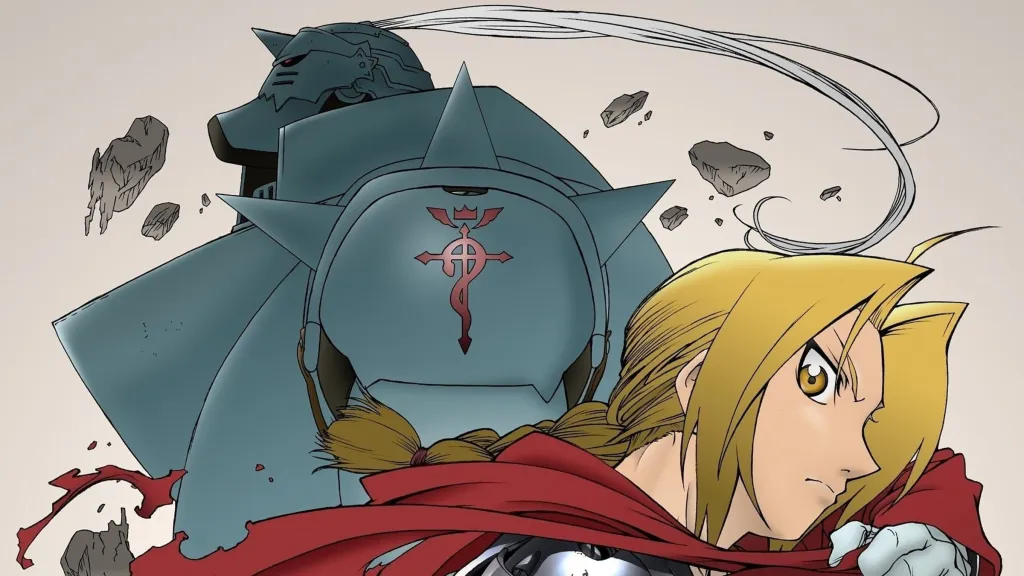
Bones Film’s Fullmetal Alchemist is centered around Edward and Alphonse Elric, two alchemists in search of the legendary Philosopher’s Stone to fix their bodies after an accident with human transmutation. The original anime in 2003 told a largely original story, but in 2009, the series was rebooted as Fullmetal Alchemist: Brotherhooda far more straightforward adaptation of the manga.
Fullmetal Alchemist thrives off of anti-war messages and the idea of the government being untrustworthy, and the original anime makes that especially apparent with clear analogies to the War on Terror. Fullmetal Alchemist is often regarded as one of the greatest anime of all time, and with how thoughtfully it handles its thematic storytelling, it’s easy to see why.
4) Attack On Titan
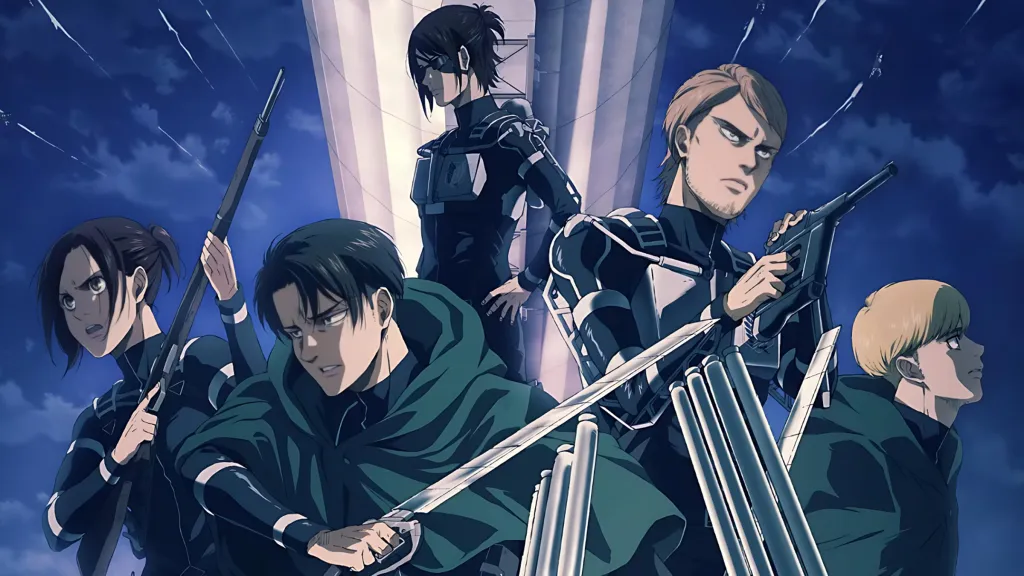
In MAP’s Attack on Titanafter a century of hiding, humanity’s last stronghold is destroyed by man-eating Titans, and when Eren Yeager’s mother becomes a victim, he’ll dedicate the rest of his life to ridding the world of Titans, even if it ends up being far more complicated than he could have imagined.
Attack on Titan thrives on tackling militarization and fascism, and that only gets stronger when the Marley storyline becomes analogous to World War II and the Holocaust. The effectiveness of their handling is a matter of debate, but it’s easy to see it as a major part of why Attack on Titan became such a major part of modern anime.
3) One Piece
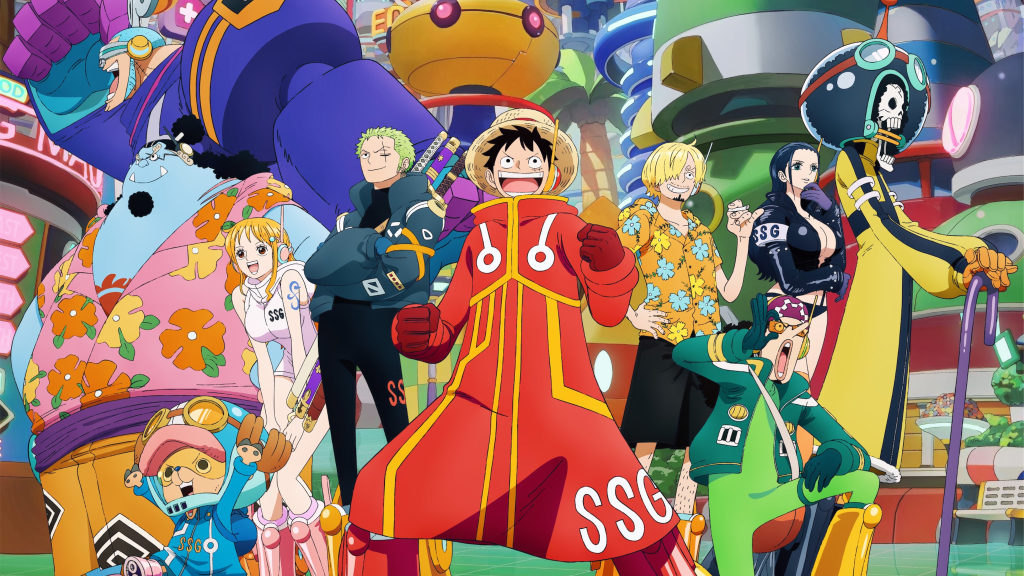
In Toei Animation’s One Piecethe world has entered a Great Age of Piracy following the death of Gold Roger and the hunt for his legendary treasure, the One Piece. That, of course, includes Monkey D. Luffy, and even with a rubber body, Luffy will gather a crew to travel through the Grand Line and become King of the Pirates.
Despite its cartoonish nature, One Piece is a surprisingly political story with themes of slavery, corruption, and the idea that people should be allowed to live without fear of persecution. Recently, real-life protestors have been waving the Straw Hat Pirates’ flag in their protests, and that’s probably the best indication of how much One Piece’s storytelling resonates with the world.
2) Mobile Suit Gundam
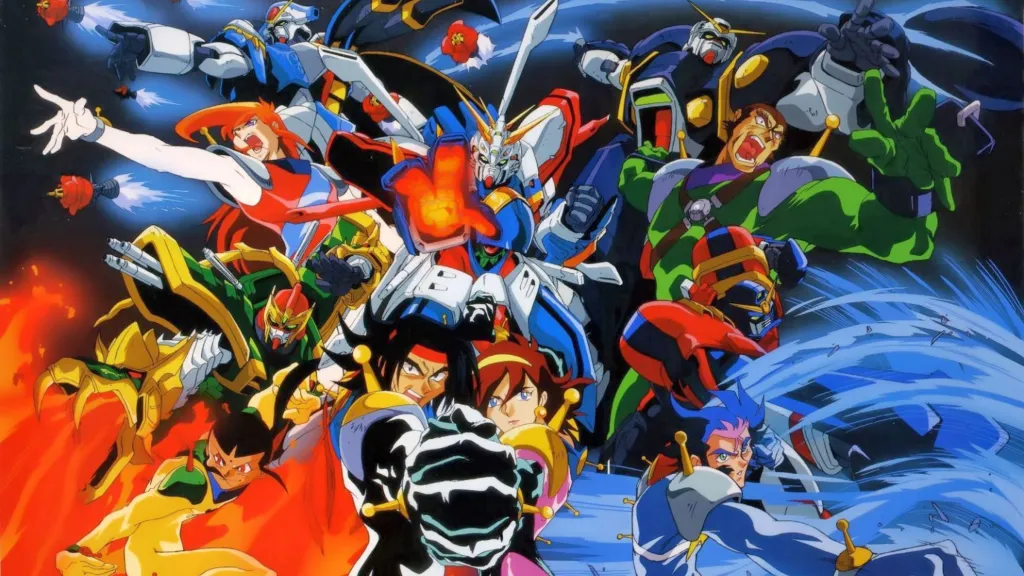
Mobile Suit Gundam is the iconic, long-running mecha anime franchise from the anime studio Sunrise. While most Gundam shows and movies exist independently from one another, they typically revolve around some sort of conflict between the people of Earth and people living in space colonies, with the eponymous Gundam being the key figure in all of it.
The original Gundam anime was a famously political story with an unwavering anti-war narrative, and every series to follow it has continued that trend for over 45 years. Few anime are as upfront about their ideologies as Gundamand it’s a major reason why it’s become one of the most popular and influential anime franchises of all time.
1) Grave Of The Fireflies
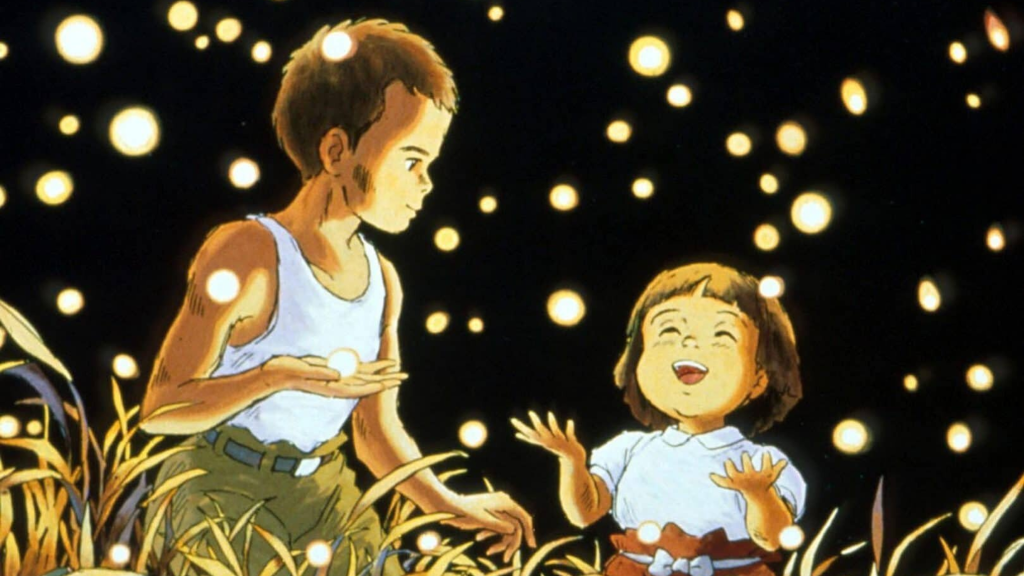
Studio Ghibli’s Grave of the Fireflies stars Seita and Setsuko, a pair of siblings left as orphans near the end of the Pacific War. Seita tries to support Setsuko the best he can, but the reality of their situation quickly catches up with them, and it isn’t long before their lives become even more tragic than they were before.
Grave of the Fireflies spares no gruesome detail on the physical and mental strain a war can put someone through, and it’s to the point that it doesn’t even attempt to have a happy ending. It’s one of Studio Ghibli’s greatest achievements, and it’s easily the best example of an anime being great because it isn’t afraid to be political.




